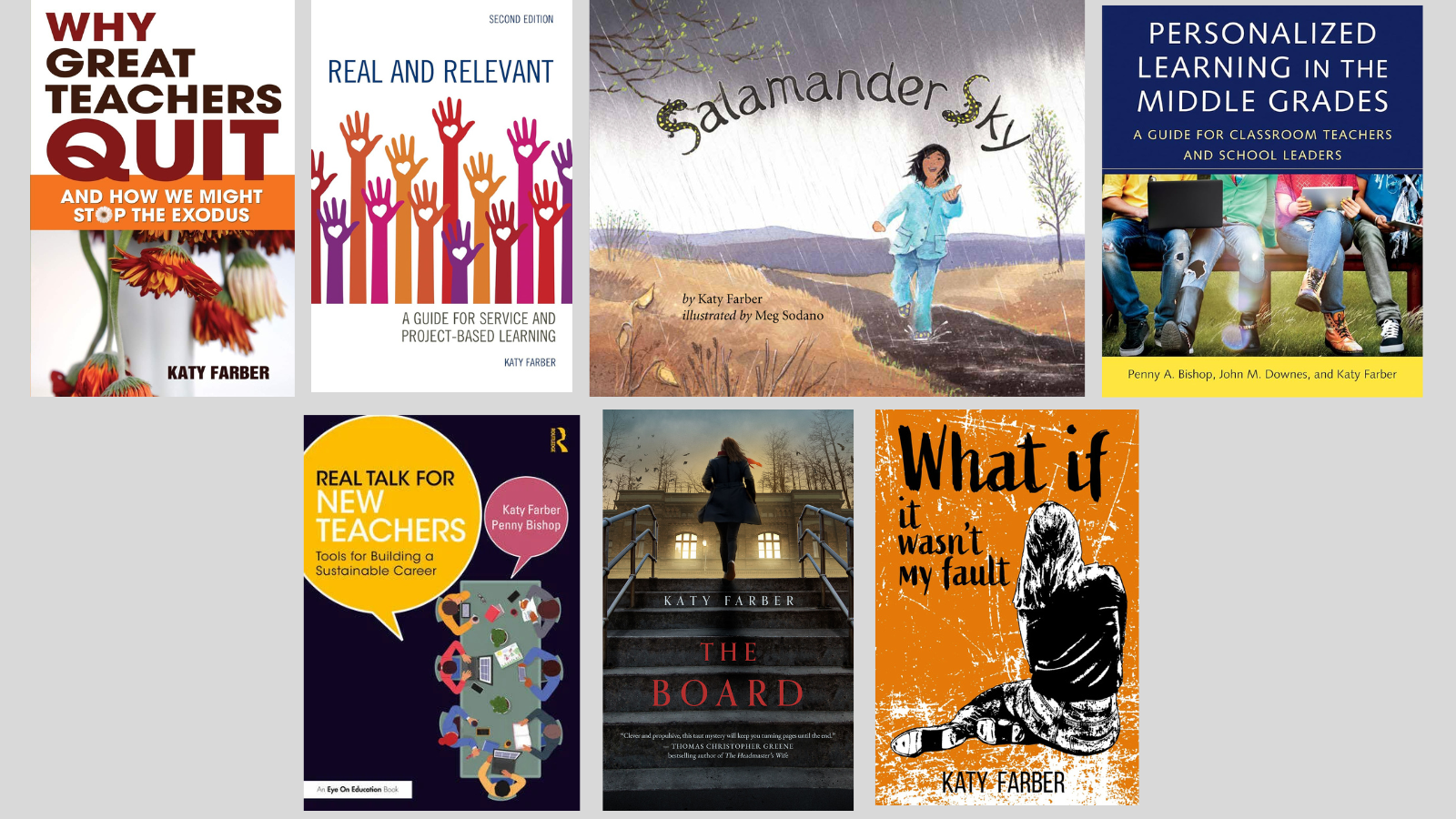Many teachers have wondered how exactly they would respond to the results of the presidential election. They have wondered how they can both support students feeling vulnerable and unsure, while not appearing partisan in their roles as educators. Teachers hold together the fabric of our society through their interactions during challenging times. Here are some of the ways that teachers around the U.S. are helping students through a changing political and social landscape.
 Promoting Kindness: The election has been hard on all of us. Students pick up on this and feel when their teachers are stressed and upset. Many students will be confused, tired, and unclear about what the election results mean for their lives. Teachers can meet this by circling back to a focus on kindness, compassion and acceptance for all students in their classrooms and school communities. Here are some resources:
Promoting Kindness: The election has been hard on all of us. Students pick up on this and feel when their teachers are stressed and upset. Many students will be confused, tired, and unclear about what the election results mean for their lives. Teachers can meet this by circling back to a focus on kindness, compassion and acceptance for all students in their classrooms and school communities. Here are some resources:
Choose Kind. This is an online movement based on the book Wonder by RJ Palicio. There are many resources here for inspiring students to show and share kindness.
For younger students who might being feeling vulnerable, #kidltsafetypins on Twitter is featuring kids’ favorite picture books with safety pins to show that illustrators and authors of children’s literature stand for protecting all kids from discrimination and harm. I love this one from Peter Reynolds.
Turning Apathy into Action: Educator Jason Findley encourages educators to focus on what they can control and encourage students to do the same. He says (via Twitter): Continue reading



 You’ve done an engaging entry event. You have a plan for your PBL unit with a focused driving question. Sweet! Now it’s time for the students to embark on research. But the world of information is a vast wilderness fraught with danger: the danger of misinformation!
You’ve done an engaging entry event. You have a plan for your PBL unit with a focused driving question. Sweet! Now it’s time for the students to embark on research. But the world of information is a vast wilderness fraught with danger: the danger of misinformation! Q: What do we really want from project-based learning?
Q: What do we really want from project-based learning?